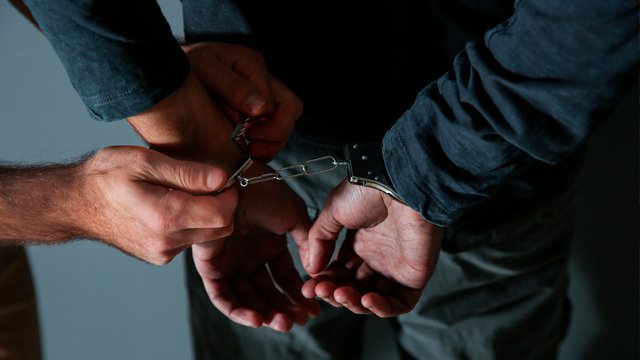
In the Czech Republic, the Prague City Court sentenced 49-year-old Martin Sukup to 21 years in prison for participating in the hybrid aggression of the Russian Federation against Ukraine in the Donbass.
The verdict was reportedly passed in absentia, since Sukup is located in uncontrolled territory.
The verdict has not yet entered into legal force. The convict's lawyer has already filed an appeal to appeal against him.
According to the chairman of the judicial board, Sylvia Slepichkova, Sukup, who previously served in the Czech army, abused his commanding experience.
She clarified that he joined the fighting much more actively than other accused in similar cases, and therefore received a high punishment at once.
The materials of the verdict say that Sukup went to Ukraine to fight on the side of the militants back in 2014.
He served there at least until 2018 as a tanker, commander of a tank company, then a tank battalion and an artillery battery.
He also took part in the battles for Kramatorsk and Horlivka, during during which, according to the verdict, about a thousand Ukrainian soldiers died.
Prosecutor Marek Bodlak stressed that in this way the defendant committed the crime of terrorist attack provided for by the Czech criminal law.
He proposed sentencing Sukup to 20 years in prison.
This crime itself provides for a sentence of 12 up to 20 years in prison.
But the term can be increased by another third, since the crime was committed as part of an organized criminal group.
The Czech Republic provides for punishment for terrorism, even if it was committed not against this country.
Meanwhile, Sukup's lawyer, Klara Tvrda, claims that the defendant's guilt has not been proven.
This court decision is not the first in the Czech Republic.
Next week, the High Court in Prague plans to consider in an appeal hearing the case of Lukasz Novacek, who was sentenced to 20 years in prison for a similar crime in September.
Novacek admitted to being a member of the Russian hybrid forces in the Donbass. But at the same time, he denies that he participated in military operations. He was called as one of the witnesses in the Sukup case, but he refused to testify.

